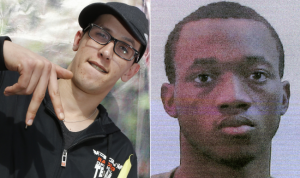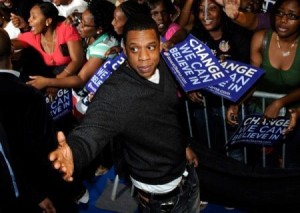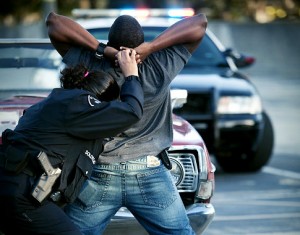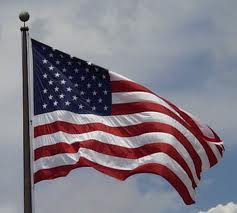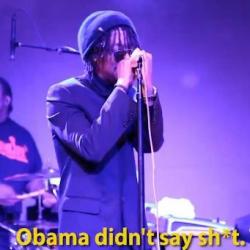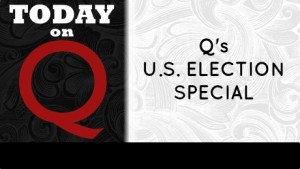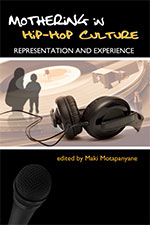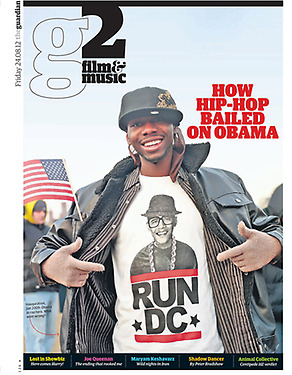In the past several months, a few albums have really caught my attention. I’ve already lavished enough praise on Killer Mike’s R.A.P. Music, so let me give a brief shout out to Kendrick Lamar, Macklemore/Ryan Lewis, and Big Boi. Then I will deviate from hip hop, just for a moment, to acknowledge Shiny Toy Guns:
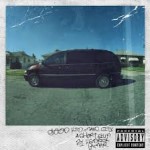
Declared a classic before it was even released, Good Kid, M.A.A.D. City definitely delivers. It pays tribute to west coast gangsta rap in innovative ways–the twist in “M.A.A.D. City” on Ice Cube’s classic “Bird in the Hand” is just one example. The executive producer on this was Dr. Dre, so as we wait on Detox, we can enjoy this. I don’t know anyone who doesn’t think this album is really good…
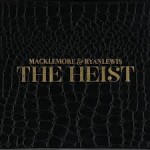
The considerable press on Macklemore and Ryan Lewis is only going to increase in the coming months. The Heist is excellent, not only on its own merits, but because it challenges the mainstream rap orthodoxy. While clowns like Rick Ross, Lil Wayne, and Kanye West wear out the tired aesthetics of excess, for example, Macklemore’s and Lewis’s (recently certified platinum) track “Thrift Shop” celebrates bargain hunting at the local Goodwill. Their two self-produced videos–for “Thrift Shop” and the refreshing “Same Love”–have nearly 50 million YouTube hits between them, and their 70-city world tour is sold out. Not bad for a couple of white guys from Seattle.
Check out their music videos on YouTube, but go to last month’s NPR Tiny Desk “concert” to really get a sense of why they’re catching fire.
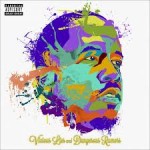
I am still working my way through Vicious Lies and Dangerous Rumors, but so far I am impressed (even though it’s probably not quite at the level of the other two albums here). I am admittedly partial to slick production and heavily synthed dance music, so the rap/electronic hybrid in some songs works for me. This definitely isn’t ATLiens, but it’s still very much hip hop–maybe a modern take on Planet Rock? In any case, for me Big Boi was always the “other guy” in Outkast, which is pretty much the default role for anyone next to Andre 3000. But since his effort on Speakerboxxx, I’ve been paying attention to Big Boi, and Vicious Lies is another solid testament to his talents.
I like several songs here, but I keep going back to “Cpu” and “Apple of My Eye.” If you’re planning on listening with the headphones that came free with ________, don’t bother.
 I don’t just listen to hip hop–I often let my MOG radio or Pandora go for hours at a time so that I can find stuff I wouldn’t ordinarily seek out. One example is Shiny Tony Guns. After MOG served up their cover of Depeche Mode’s “Stripped,” I started checking them out, and their latest album, III, is really good. An AP music writer called it “The year’s best dance and electronic-based album,” which is hilarious because that’s not at all what it is. Don’t think David Guetta or Tiesto; there are no club hits here. Think more like an updated, more electronic Fleetwood Mac. This is the rare album that has several repeat-worthy songs, including “Fading Listening,” “Carrie,” “Waiting Alone,” and “I Lost You.” I actually paid for those songs.
I don’t just listen to hip hop–I often let my MOG radio or Pandora go for hours at a time so that I can find stuff I wouldn’t ordinarily seek out. One example is Shiny Tony Guns. After MOG served up their cover of Depeche Mode’s “Stripped,” I started checking them out, and their latest album, III, is really good. An AP music writer called it “The year’s best dance and electronic-based album,” which is hilarious because that’s not at all what it is. Don’t think David Guetta or Tiesto; there are no club hits here. Think more like an updated, more electronic Fleetwood Mac. This is the rare album that has several repeat-worthy songs, including “Fading Listening,” “Carrie,” “Waiting Alone,” and “I Lost You.” I actually paid for those songs.
In any case, my wife and I frequently disagree on music, but on III we definitely agree. This is good stuff, and further evidence that the Top 40 has nothing to do with the top 40.

